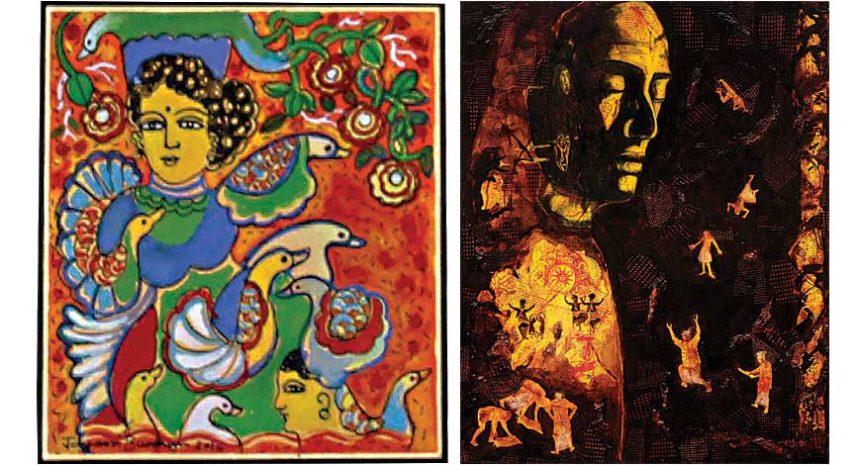Organic is now in fashion. “Nothing synthetic” is a sales-driver for foods, as is “natural”. Yet in a different sphere, its antonym, artificial, is the flavour of the year. Artificial intelligence (AI) experts are now rock stars, with companies falling over each other as they indulge in a bidding war for recruiting AI talent. No wonder everyone wants to study AI, leading to high demand for IT courses (especially those claiming to specialise in AI).
As a result of perceived trends, demand for STEM courses is booming. It used to be mainly for the T and E part, representing technology and engineering, because it was the passport to jobs in the IT industry. With the earlier boom in demand for data analytics specialists, and now for AI, M (mathematics) too is favoured. Science, the S in the acronym, yet has limited traction. However, one sees early signs of how India’s space programme – which has caught the imagination of youngsters – is giving a boost to science courses too.
In contrast, one sees – especially in technologically advanced countries – an increasing demand for liberal arts and humanities. Many now advocate the addition of Arts in the acronym, transforming it to STEAM. This is the result of a growing understanding that advanced AI, including generative AI and other new technologies, will require expertise beyond the standard STEM disciplines. All indications point to increasing demand for disciplines like sociology, psychology, and philosophy. Economics has, of course, had a steady demand. And let’s not forget history: all the re-writing now underway will surely provide good jobs to very large numbers of historians. After all, there is 5000 years of history to be rewritten!
Artificial Intelligence can help generate sophisticated models, including predictive ones – for example, of buying behaviour. However, creating and drawing deep insights from these data-based models will require inputs and guidance from sociologists and psychologists: experts who understand behaviour in groups and societal contexts, as also individual reactions. Such models, it is feared, may be used to also influence voters and election outcomes. Further, as global concern about generative AI mounts (and about genetic engineering), there will be questions about ethics and the need to formulate guard-rails, guidelines, and regulations. Inputs from philosophers (and legal experts) will be essential. Countries and individual companies will need to hire many specialists from these disciplines.
In a related area of Arts, there will be demand for artists and creative people, particularly as more products emerge from India. This is essential if we are to capture more from the overall value chain. Products like Apple’s i-phone are good examples: the maximum share of the value is attributable to design, marketing, and branding. It is the aesthetics, look and feel (apart from the marketing-created brand status) that differentiates it from what is otherwise a commodity product. One can safely assert that its premium in the marketplace (and the company’s trillion-dollar valuation) derives substantially from the work of its designers and marketeers.
The future, then, for tech companies and job seekers is not limited to IT, or even to STEM. It will have to include a strong component (many employees) from the humanities and liberal arts. Who knows, in years to come, headline-making compensation packages (and global fame) may go to those from these disciplines.



